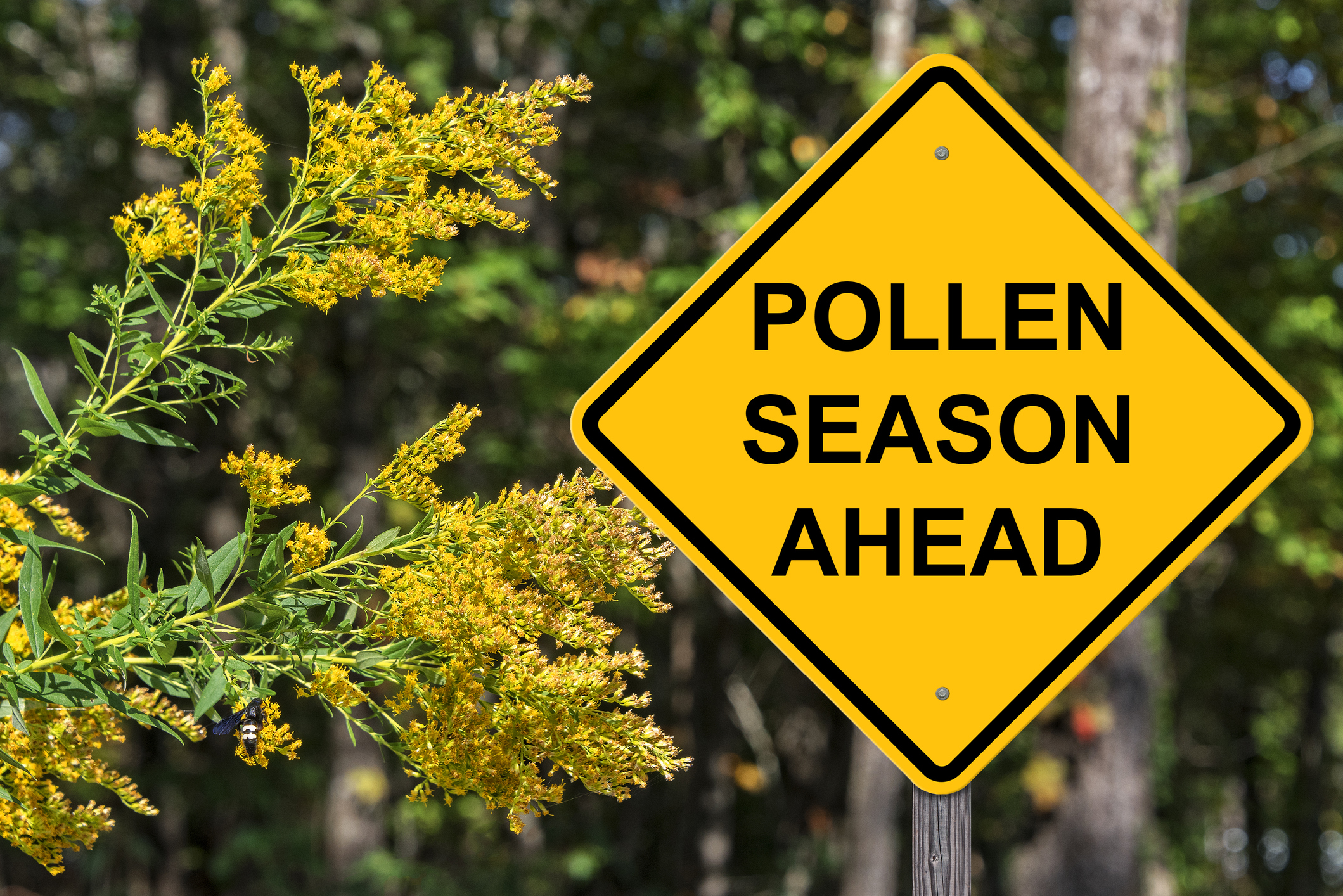
Spring is right around the corner — and so are your allergies. Every year pesky symptoms like a runny or stuffy nose, congestion, sore throat, and red, itchy, or watery eyes keep many of us from participating in the outdoor activities we enjoy. But you do not have to feel miserable this year.
Summit Health allergy and immunology specialists like Smruti Parikh, MD, help patients make a plan to manage — and stay ahead — of their spring allergy symptoms so they can enjoy the season. Nearly 25 million adults and children in the U.S. have seasonal allergies, also known as allergic rhinitis. If you are one of them and need help managing your symptoms make an appointment with an allergist at Summit Health or check in with one of our primary care physicians.
“A person with an allergy has an overactive immune system,” explains Dr. Parikh. “When a person with spring allergies is triggered by a typically harmless substance — like grass, weeds, or tree pollen that is released into the air — it causes an allergic reaction.” Outdoor mold is also a common spring allergy trigger adding to the misery of sufferers both young and old.
It’s time to prepare for the upcoming season. Explore our myth vs. fact series on spring allergies and get the information you need to keep symptoms at bay.
1. Myth: I can wait until my first symptom to take my allergy medication.
Fact: The key to controlling symptoms is nipping them in the bud before they start. Most allergy medications are more effective if they are in your system before you are exposed to any triggers. Taking your medication 1-2 weeks before allergy season begins is ideal. Here’s a helpful tip: check the pollen count in your area and develop a plan to proactively start your medication.
2. Myth: If you didn’t have seasonal allergies as a child, you won’t develop them as an adult.
Fact: The body is exposed to new triggers all the time and can suddenly develop an allergy to that substance. Even if you didn’t have childhood allergies, you can still get them later in life. And if you had spring allergies as a child, they can also unpredictably disappear with age.
3. Myth: If I move to another area of the country my spring allergies will be cured.
Fact: Unfortunately, pollen allergies can occur anywhere and everywhere. Even deserts have plant life that produce pollen like tumbleweed and olive, desert fan, and cottonwood trees. When the dry winds blow and the pollen count is high, you may have an increase in allergy symptoms. Before you think about moving or spring travel, visit an allergist who can help you develop a treatment plan to control your symptoms.
4. Myth: Nasal sprays are bad for you.
Fact: Not all nasal sprays are bad. There are several types of allergy medications available over the counter including nasal steroids, antihistamines sprays, and decongestant sprays so it is important to proceed with caution.
“There are some nasal sprays that should be used carefully and cautiously,” explains Dr. Parikh.
- Topical nasal steroids are highly effective for seasonal allergy sufferers because they reduce the inflammation in the lining of the nose which helps relieve symptoms.
- Over-the-counter nasal antihistamine sprays also alleviate allergy symptoms.
- Nasal steroid and antihistamine sprays can be used safely and effectively with guidance from your healthcare provider.
Keep in mind, however, that some nasal sprays such as oxymetazoline are decongestants that should not be used for more than three days in a row. Your nasal passageways can become dependent on these drugs and rebound congestion may occur.
To relieve this stuffiness, some people may use even more nasal spray, and get caught in a vicious cycle of overuse. See your Summit Health primary care physician or allergist to determine a treatment plan that’s right for you.
5. Myth: All allergy medications make me drowsy, and I can’t do anything about it.
Fact: Some medications will make you sleepy and it is recommended that they be taken at night. However, there are also other non-sedating medications available that can help relieve symptoms including antihistamines and corticosteroid nasal sprays. Nasal washes are also effective at combating allergy symptoms.
Whenever you get an over-the-counter medication, read the label and check for contraindications and dosing instructions. Your provider can help you find the medication that works best for you.
6. Myth: I’m bothered by indoor allergies, but my air purifier solves the problem.
Fact: Allergens float in the air, whether they're from pollen, dust mites, or mold spores. Anything that you bring in from the outside remains on your clothes, shoes, and in your hair.
Since an air purifier only removes the floating allergens, it’s also recommended to change clothes and take a shower after being outside. When pollen counts are high, keep your windows and doors closed, run the air conditioning, dust, and vacuum regularly.
7. Myth: I’ve heard allergy shots are a waste of time and do not work.
Fact: “Allergy shots are very effective in most patients whose symptoms are not well controlled or in those who have side effects from allergy medications,” said Dr. Parikh.
Allergen immunotherapy involves regular injections which contain small amounts of allergens that are given in increasing doses. Over time, the shots help reduce the immune system reaction that is causing your allergies. An allergist can help you determine if allergy shots may be the right choice for you.
The key to treating allergies is to be proactive. Taking care of your allergies before the onset of spring will allow you to properly manage allergic triggers and properly treat them so you can participate in outdoor activities, such as sports, gardening, taking in the fresh spring air, or just taking a walk. Visit your neighborhood allergist at Summit Health or walk into a CityMD to discuss your symptoms and find a treatment that works for you.
